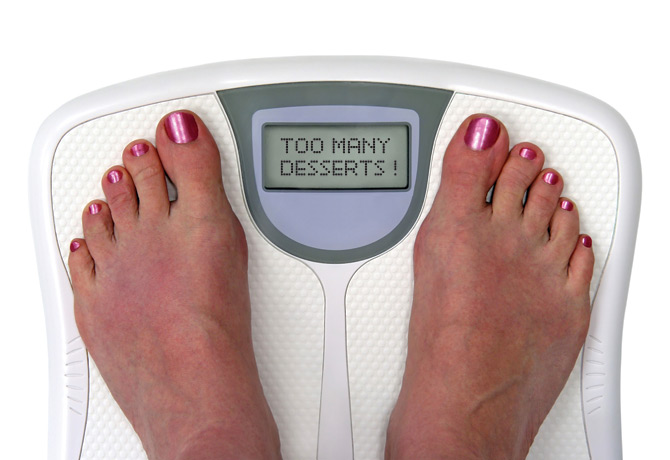
When willpower fails, are antiobesity drugs worth the risk of less-than-pleasant side effects?
As the obesity crisis worsens and more pharmaceutical companies are hoping to improve their bottom line by shrinking their customers' bottoms. After all, we are a short-cut society (who wouldn't rather pop a pill than engage in the hard work of exercise and calorie restriction?) with a short memory (remember the fen-phen diet-drug combo that led to a gazillion lawsuits?). The good news is that according to a recent report in the British Medical Journal, three relatively new antiobesity drugs helped patients lose a moderate amount of weight while doing such things as lowering cholesterol and reducing the incidence of diabetes. The bad news is that the list of possible side effects doesn't end there.
The study found that both of the diet pills the U.S. Food and Drug Administration (FDA) has approved for long-term use may lead to a modest weight loss of about 5% to 10% of a person's total body mass within the course of a year. But sibutramine, which was approved as a prescription drug in 1997 and is sold under the trade name Meridia, has been associated with increased blood pressure, insomnia and constipation. Meanwhile, orlistat, which since February has been heavily marketed as the over-the-counter aid Alli, can cause oily bowel movements so frequently that the package insert suggests women wear a panty liner when starting the regimen.
Such unappetizing details make one wonder what a diet drug has to do to get rejected by an FDA panel—Which is what happened this summer to the much hyped rimonabant. Approved by the European Drug Agency in June 2006 and sold under the name Acomplia, rimonabant takes a different weight-loss route than Meridia, which revs up metabolism and creates a feeling of fullness, and Alli, which reduces fat absorption from food. Rimonabant is the first of a new class of drugs designed to keep the user from getting the munchies. That's right: knowing that marijuana and other forms of cannabis stimulate the appetite, scientists wondered what might happen if they blocked the brain's cannabinoid receptors. Early studies suggested the anticannabinoid crew was on to something. Not only did the desire for food seem to diminish with rimonabant but other cravings, like nicotine, were easier to control.
But it turns out there's a downside to blocking parts of the brain that are responsible for pleasure, relaxation and pain tolerance. A study published last month in the Lancet looked at more than 4,000 patients who had been given either 20 mg of rimonabant or a placebo (sugar pill) in double-blinded trials—meaning the participants didn't know which of the two pills they were getting and neither did their doctors. The results were downright depressing. Literally. Patients receiving rimonabant were 2.5 times as likely as placebo recipients to discontinue treatment because of depressive disorders. They were also three times as likely to stop taking the drug because of anxiety. The FDA panel nixed rimonabant's application for approval due to concerns that the drug increases the risk of suicidal thoughts.
I know. This is probably the last thing you want to read this time of year amid all the marathon meals and the candy dishes on virtually every tabletop. But instead of searching for a magic weight-loss pill, you might heed a few simple tips to help get through the calorie-laden holidays. Try eating water-dense foods like salad and fruit at the beginning of a big meal. Push your plate away before you feel full; this will give your stomach time to send signals to your brain that you've had enough and really don't have room for seconds. And more important, don't be one of those people who plan to start a diet on Jan. 1. New Year's resolutions hardly ever work and mainly serve as an excuse to binge during the months beforehand.
Sources: British Medical Journal and Mayo Clinic